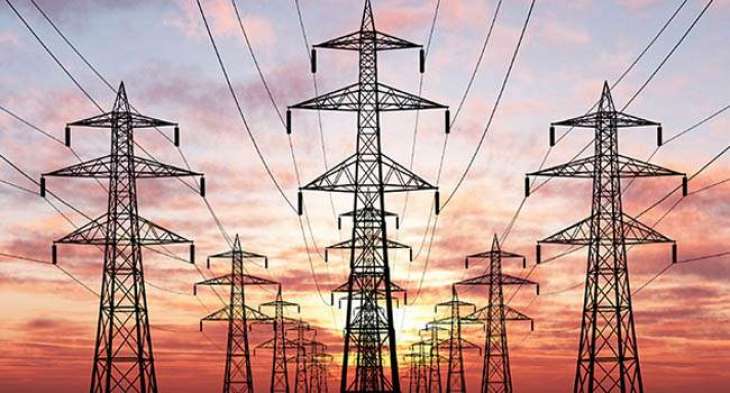KARACHI – Pakistan Power Reforms Project was officially launched at an event co-hosted by the School of Business Studies at the Institute of Business Administration (IBA) and the Ministry of Energy (Power Division).
In a keynote address, the Federal Minister of Power Sardar Awais Laghari outlined a comprehensive roadmap aimed at transforming the country’s energy sector to enhance efficiency and stimulate industrial and economic growth.
Minister emphasized that structural reforms will be multifaceted, with tangible results expected in the coming months. Key initiatives include improving governance standards for distribution companies and radically transforming the transmission infrastructure to reduce losses and enhance operational efficiency.
Addressing the issue of surplus generation capacity, the Minister highlighted plans to stimulate industrial demand through various interventions, which are expected to accelerate growth in the industrial sector.
A significant focus was placed on tariff structures, with the Minister noting that front-loaded debt repayments have significantly contributed to capacity charges. By utilizing various policy levers, the government aims to rationalize prices and transition towards a competitive market regime that rewards efficiency, moving away from the existing cost-plus model.
The upcoming policy encouraging the adoption of Electric Vehicles (EVs), particularly two- and three-wheelers, was also a highlight of the discussion. This initiative is expected to increase electricity demand while reducing household transportation costs and cutting down the import bill associated with fuel.
Laghari pointed out that Pakistan boasts one of the cleaner energy mixes globally, with over 55% of electricity generated from renewable sources, including hydel and nuclear. This figure is projected to exceed 70% in the coming years, with nearly 75% of electricity generated from indigenous sources, anticipated to rise above 90%.
The event concluded on a positive note, underscoring a commitment to a reform agenda that aims to improve governance standards and efficiency in electricity generation, transmission, and distribution. These reforms are expected to lower electricity prices, ultimately triggering industrial and economic growth throughout the country.










